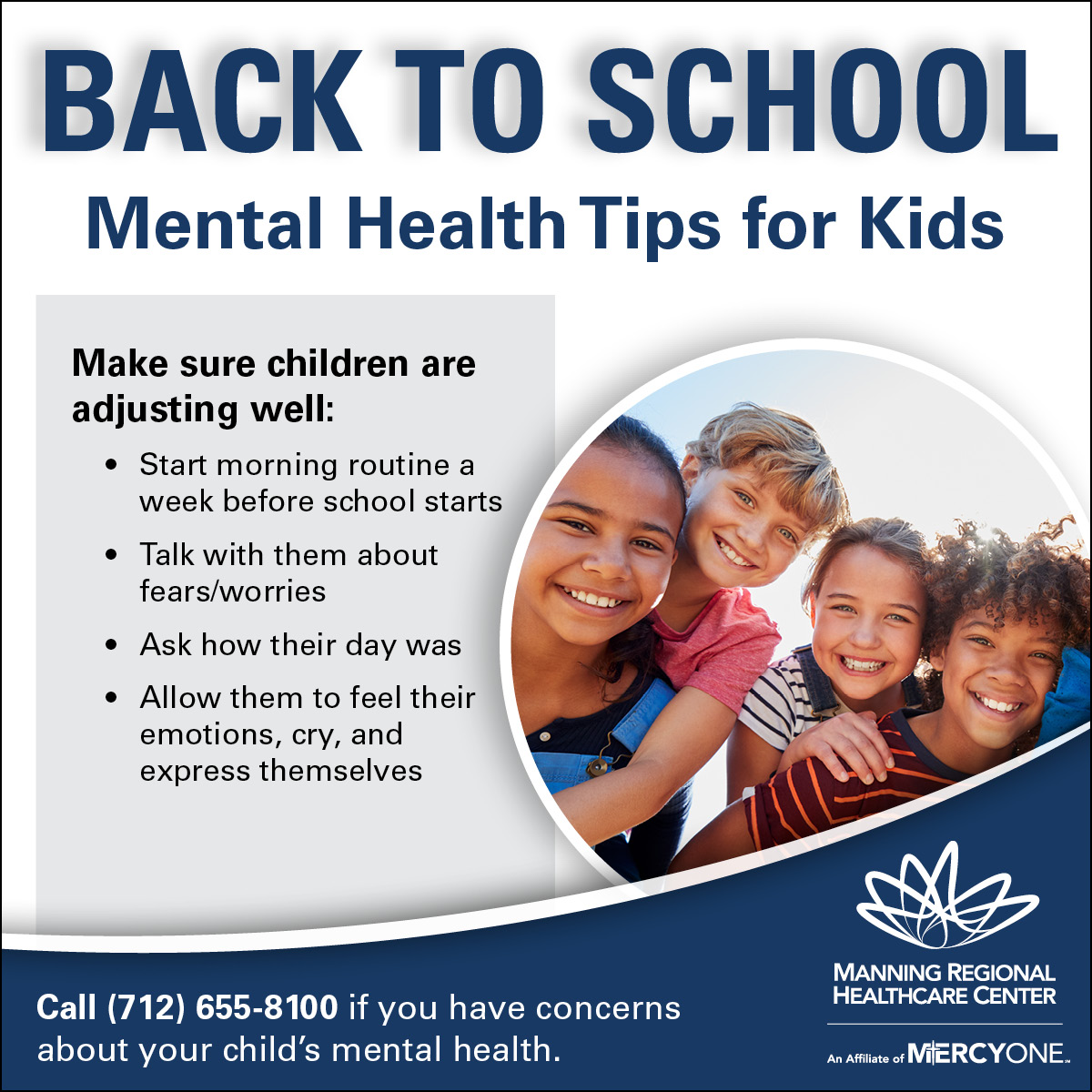The holidays are not the same for everyone. This time of year can trigger stress, anxiety, and feelings of loneliness. Some people are excited to share Christmas with loved ones, while others are mourning a loss. Some are out shopping for the perfect gifts, but others may be struggling financially and anxiously checking their bank accounts. Some can’t wait for their yearly Christmas party with friends and family, others may be stressed by just the thought of it.
At MRHC, we recognize the importance of mental well-being, especially this time of year when pressures and stress can intensify. Here are some practical tips you can implement to help prioritize your mental health during the holidays.
Establish realistic expectations. It’s easy to feel pressured to create a picture-perfect holiday. Remember, it’s okay not to meet unrealistic standards. Set achievable goals and focus on enjoying meaningful moments rather than perfection.
Maintain routine and balance. With holiday gatherings and commitments, it’s important to maintain a routine as much as possible, especially when little ones are involved. Prioritize sleep, healthy meals, and regular exercise to help regulate everyone’s mood and energy levels.
Set boundaries. It’s okay to say “no” sometimes. Overcommitting to events or responsibilities can lead to burnout. Establish boundaries to protect your time and mental well-being.
Take care of yourself. Make self-care a priority and engage in activities that will help you relax and reduce stress.
“Try participating in activities that will keep your mind active such as taking a walk, reading, and staying healthy and hydrated. It is important to be kind to yourself,” shared Janet Brus, program director for Senior Life Solutions at MRHC.
Connect and communicate. The holidays can be lonely for some people. Reach out to friends, family, or support groups if you are feeling lonely or vice versa, reach out to those who may be alone during the holidays. Talk to someone about your feelings and let others know they can do the same with you.
Manage finances. Buying presents, food, decorations, and more during the holidays can lead to financial stress. Create a budget and stick to it. Consider thoughtful gestures rather than expensive gifts.
Plan ahead for post-holiday recovery. If you find yourself feeling distressed and overwhelmed with sadness as the seasons change, it may be more than just the winter blues.
“Many of us have days that we don’t feel like ourselves and sometimes the winter months can enhance those feelings,” said Brus. “Be aware of how you are feeling. If you normally get up and perform your normal daily activities and instead find yourself staying in bed longer, not getting dressed, or avoiding activities that normally bring you pleasure, you may be experiencing seasonal affective disorder.” Anticipate the post-holiday blues by scheduling activities or self-care practices to look forward to once the festivities wind down.
For parents with children who will be home during winter break, keep these tips in mind to help their mental well-being.
- Spend quality time with children.
- Make sure they are not isolating in their bedrooms.
- Be present – emotionally as well as physically.
- Ask them how they are doing and take the time to listen.
“This time during the holidays is a great time to connect with your children and build a close relationship to let them know that you are a safe person they can talk to,” said Hollie Schechinger, LMSW, a designated mental health counselor at MRHC.
Seek Professional Help if Needed
Remember that it’s okay to seek help, take breaks, and prioritize self-care. If feelings of sadness, anxiety, or stress persist and interfere with your daily routine it is important to seek professional help. MRHC offers a variety of mental health support resources. If you or your child are struggling with depression or anxiety, contact your primary care provider for an evaluation. Counseling services are offered in Manning three days a week for individuals 12 and older. Call (712) 655-8100 to schedule an appointment.
For individuals who are 65 and older, MRHC offers group therapy through their Senior Life Solutions program for those suffering from anxiety and depression. Call (712) 655-8262 if you need support.
If the stress and pressure from the holidays have caused you or a loved one to turn to drugs and alcohol to cope, please call the Recovery Center at (712) 655-2300 for help.
If you or someone you know needs immediate assistance with mental health concerns, please contact the National Suicide Prevention Lifeline at 1-800-273-TALK (1-800-273-8255). You can also call 988 for 24/7, free and confidential support.
 MRHC is continually working to address one of the primary health concerns affecting our rural communities, mental health. Hollie Schechinger, LMSW, provides counseling in Manning Monday-Thursday for patients 12 and older and is now accepting virtual telehealth appointments. Referrals are not needed. Schechinger is also now offering play therapy for children 5+. This is an intervention method to support children navigating traumatic experiences. As it can be challenging for children to articulate their emotions verbally, play therapy enables them to express themselves, process and communicate their traumatic experiences, and learn coping mechanisms through play.
MRHC is continually working to address one of the primary health concerns affecting our rural communities, mental health. Hollie Schechinger, LMSW, provides counseling in Manning Monday-Thursday for patients 12 and older and is now accepting virtual telehealth appointments. Referrals are not needed. Schechinger is also now offering play therapy for children 5+. This is an intervention method to support children navigating traumatic experiences. As it can be challenging for children to articulate their emotions verbally, play therapy enables them to express themselves, process and communicate their traumatic experiences, and learn coping mechanisms through play.


 MRHC is continually working to address one of the primary health concerns affecting our rural communities, mental health. The MRHC Specialty Clinic is excited to welcome Dina Irwin, PMHNP-BC, who is now offering virtual appointments on the first and third Monday every month to diagnose and treat mental health disorders.
MRHC is continually working to address one of the primary health concerns affecting our rural communities, mental health. The MRHC Specialty Clinic is excited to welcome Dina Irwin, PMHNP-BC, who is now offering virtual appointments on the first and third Monday every month to diagnose and treat mental health disorders.
